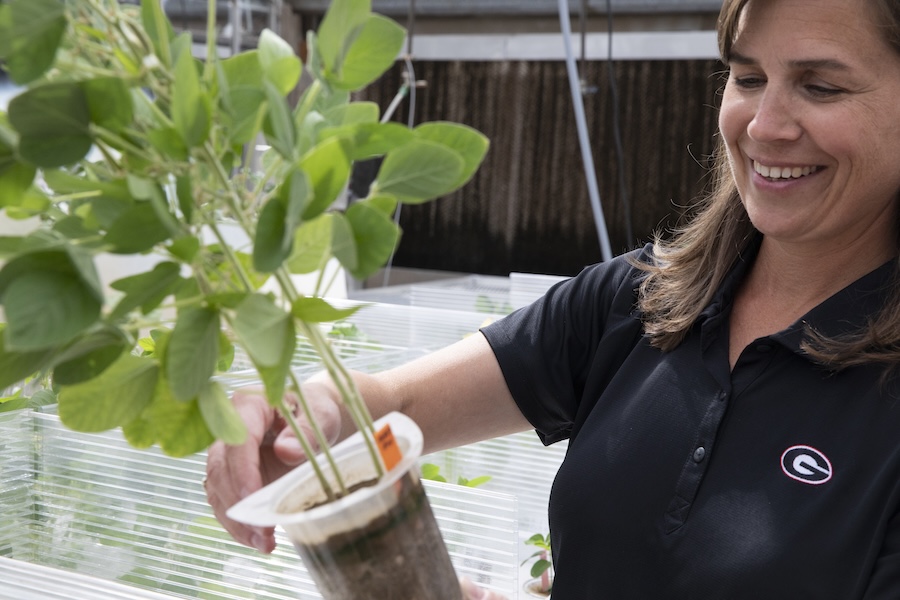By Brad Haire
University of Georgia
Most grass is going dormant now and doesn't need watering in winter. Freezing temperatures will hit most of Georgia this month. This can cause the water in an exposed pipe to expand. If the water expands too much, the pipe bursts.
"With home irrigation systems, you probably wouldn't know you had any pipe damage until you turned it on for the first spring watering," said Kerry Harrison, a University of Georgia Cooperative Extension irrigation specialist.
Most in-ground sprinkler pipes will be OK. Only the top 2 inches of the ground will freeze in most of Georgia. Pipes should be well below this level. Other irrigation components, such as backflow-prevention valves, are at ground level, though, and could be in danger.
If any exposed valves or pipes are around your home, tape them up or "use a good old sack to wrap them," Harrison said. Home-improvement stores have many tapes, foams and gadgets to keep these pipes warm on cold, winter nights.
The tips of sprinkler heads can hold water. When frozen, they can rupture. The whole sprinkler system holds water, too, even when it isn't being used. Don't forget to drain the system, Harrison said. If you don't drain it properly in the winter, your sprinkler could be a geyser when you turn it on next spring.
"Arrangements should have been made in the installation process to have a way to drain those lines that would hold water through a buried valve in a pit," he said.
If you bought a home with an installed irrigation system, find this drain valve. Some systems are equipped with automatic drain valves.
Don't forget about outside water hoses. Just do one of two things:
* Leave the hoses hanging outside. But disconnect them from faucets.
* Disconnect, drain and store hoses someplace with a constant temperature. This will prolong the life of the hoses.
If you leave hoses undrained outside in the winter, don't move them or touch them in freezing weather. Frozen hoses are fragile. You could be the one to break them.
Private water users and rural residents with wells should check out their main water pump. Usually a quarter-inch pipe connects to the pressure switch. If it's metal, it likely won't freeze. But if it's plastic, it might freeze and burst. This could cause the water pump to fail or continue to run and cause some major winter repairs.
If all these precautions fail and a pipe bursts anyway, there's still one thing to remember: "Know where your main water cutoff is," Harrison said.


.jpg)



